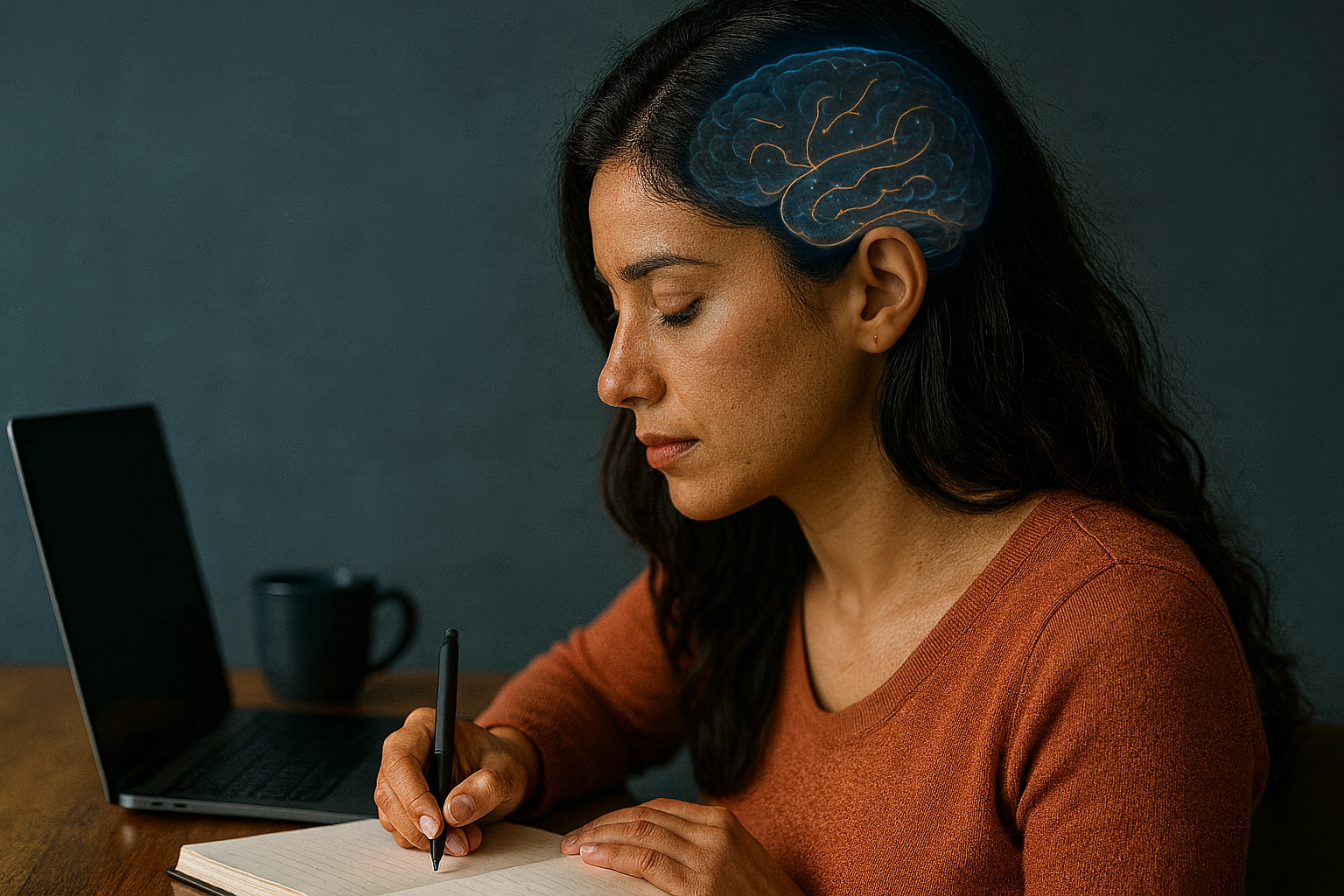A Future of Superhumans: The Rise of Transhumanism

Humanity stands on the precipice of a significant transformation, with the potential emergence of a new race of superhuman hybrids possessing capabilities that were once confined to the realm of science fiction. This groundbreaking vision is being championed by Herbert Sim, a millionaire tech investor and futurist based in London, who has begun funneling his wealth into the study and implementation of transhumanism—the enhancement of human beings through advanced science and technology.
In an exclusive interview with Dailymail.com, Sim expressed his belief that a new mutant race could become a reality within the next five years, fundamentally altering the landscape of what it means to be human. He predicts that these 'real-life X-Men' will surpass ordinary individuals in almost every aspect, rendering the current human race obsolete. Sim's tech start-up, Neurochip.com, is at the forefront of this endeavor, focusing on developing technologies that can upgrade the human mind using a specially designed helmet that reads brainwaves.
This innovative helmet captures brainwaves, projecting them onto a computer that interprets these signals into actionable commands. According to Sim, this technology represents a crucial initial step in what he describes as 'upgrading' humanity. He asserts that such advancements could significantly extend human life expectancy—potentially up to 500 years—while also enhancing our ability to combat diseases.
Sim elaborated on the potential of transhumanism, noting, "It’s astonishing to think of what we could achieve if we harness these technologies effectively." He believes that we are at a pivotal moment in history, where the integration of technology into our daily lives can elevate our overall quality of life.
Although the idea of X-Men may seem far-fetched, Sim points to real-world precedents that hint at the plausibility of human-animal hybrids. In March 2019, Japan's Ministry of Education, Culture, Sports, Science, and Technology lifted a ban on the creation of animal embryos infused with human cells, allowing these hybrids to be carried to term in surrogate animals. This groundbreaking policy change enabled stem cell biologist Hiromitsu Nakauchi from the University of Tokyo to create rodent embryos containing human stem cells. The aim of this research is to develop human-compatible organs, such as a pancreas, which could be utilized in transplants.
Sim passionately supports the notion that these advancements in genetic technology will empower humans to transcend our current limitations and live longer, healthier lives. He alluded to the extraordinary abilities that might become available through genetic advancements, likening them to superpowers.
As he draws comparisons between the rare sightings of mutants in today's society and the ancient tales of dragons, Sim acknowledges the skepticism surrounding these futuristic ideas. Yet, he argues that the prevalence of similar myths across diverse cultures suggests a kernel of truth behind these legendary narratives.
In a stark warning, Sim cautions that unlike the mythical dragons of lore, human mutants are not destined for extinction. Instead, he predicts an increase in their population and influence, eventually leading to a societal shift where these advanced beings surpass traditional humans in virtually every measure of capability. "The humans that remain will struggle to contribute meaningfully to society alongside these emerging transhumans, ultimately leading to a scenario where humanity becomes obsolete," he stated.
The concept of superpowered individuals has long fascinated audiences through various media, with stories like X-Men and The Bionic Woman exploring the implications of genetic and robotic enhancements on humanity. Interestingly, contemporary research indicates that elements of transhumanism are already being realized today. For instance, researchers from the Broad Institute of MIT and Harvard recently unveiled a CRISPR-based tool that allows for precise insertion of large DNA segments into human cells, a breakthrough that could pave the way for treatments of genetic diseases and enhancements to human traits.
Moreover, MIT scientists have made significant strides in converting human skin cells directly into brain cells (neurons) with unprecedented efficiency. By testing these new neurons in mouse brains, they have demonstrated the potential for repairing brain damage in conditions such as Parkinson's disease. In a separate development, a company named Synchron successfully implanted a tiny brain chip in a patient with ALS, enabling them to control devices like computers and smartphones using only their thoughts—a technology echoing Sim's innovations in brainwave interpretation.
Reflecting on these advancements, Sim concluded, "While many perceive this technology as a harbinger of doom, I see it as our salvation. Technology and science should be viewed as instruments of empowerment, akin to how medicines and smartphones have enriched our lives." The future of humanity may hinge on our willingness to embrace these innovations and redefine what it means to be human.



















